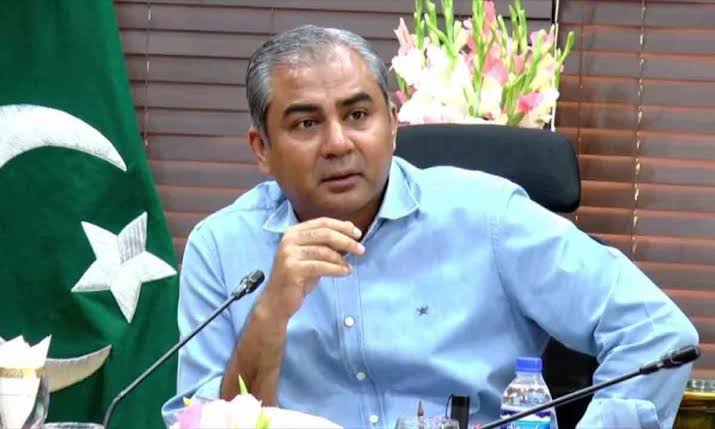Black Hat Asia The war in Ukraine, and the Declaration for the Future of the Internet signed by 60 nations in late April, should be understood in the context of a global effort to recruit the nations of the world into blocs with different attitudes to internet governance.
That’s the opinion of Jeff Moss, founder of the Black Hat and DEF CON security conferences, who has also served as chief security officer at ICANN, is a member of the Council on Foreign Relations, and was asked to serve on the Obama administration’s Homeland Security Advisory Council.
Speaking at the Black Hat Asia conference in Singapore today, Moss said the world is currently divided into three “teams” of nations with different approaches to internet governance.
“Team Rule Of Law” comprises the USA and like-minded democracies that believe in free and open online environments and collaborative governance. “Team Authoritarian” prefers control and censorship of the digital domain. “Team Undecided” is just that – either because, they don’t want to offend either of the dominant blocs or because they just haven’t made up their minds.
Moss said Team Authoritarian and Team Rule of Law are both watching members of Team Undecided’s responses to the illegal invasion of Ukraine, to assess if nations might be lured into their blocs.
“They are being pulled and pushed,” Moss said.
But both of the dominant teams have also become aware of new actors they may not be able to control: private organisations and entities with the will or means to enact change.
Moss cited MongoDB’s decision to quit Russia and terminate SaaS customers’ services as an example of a private entity deciding to become an actor.
- Singapore to license pentesters and managed infosec operators
- Ukraine invasion: We should consider internet sanctions, says ICANN ex-CEO
- Russia acknowledges sanctions could hurt its tech companies
He also mentioned UK domain name registry Nominet’s decision to suspend Russian registrars operating in the dot-uk namespace.
Moss described both MongoDB and Nominet as belonging to a class of “super-empowered individuals” that act because they feel they are accountable to their communities.
But he worried that their actions may have unintended consequences. For Nominet, barring Russian domain resellers aligned with UK government priorities – but also increased the chances of abandoned domains being used for evil in the future. Mongo DB’s decision was a very unusual example of a vendor abandoning customers.
Moss also wondered what happens if a super-empowered entity and the jurisdictions it inhabits differ.
“Your government could be on one team, but you as an individual or company could be on another.”
If super-empowered individuals’ activities becomes problematic for a state, Moss thinks they could invite regulation.
His preferred model is for civil society institutions – the likes of ICANN or the IETF – to drive discussion on how tech policy can meet the moment.
“Internet problems are global problems,” he explained, and are therefore worthy of global response and the attempt to have the three teams work on problems together. ®
Note: This article have been indexed to our site. We do not claim legitimacy, ownership or copyright of any of the content above. To see the article at original source Click Here











